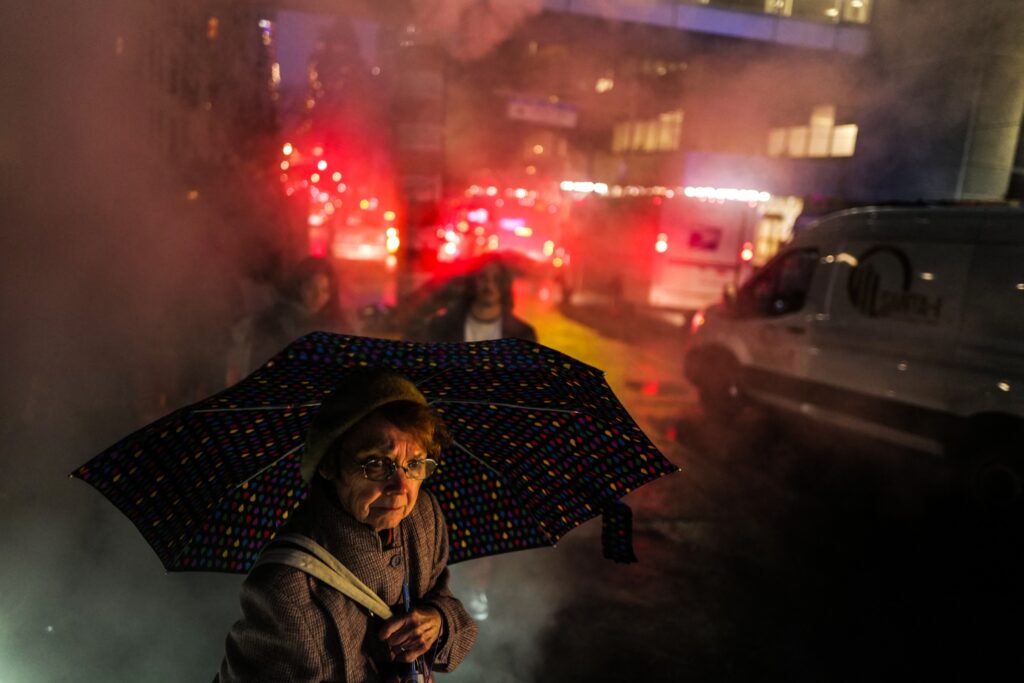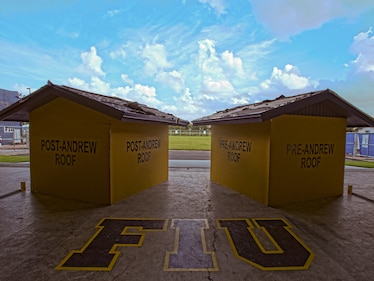Less water will impact farmers and create a rift between those relying on agriculture for their livelihoods and communities who need this water to live. There could be mass migration, too. “If the water isn’t there, people have to move to where it is,” says Schwartz.It’s vital to measure and understand the effects of a reduced snowpack, says Schwartz, “to make sure we’re managing every drop as accurately as possible.”“You can’t just magically create snow” on a massive scale, says Screen. Adaptations such as building desalination plants, preparing water systems for more rain, or artificially creating snow for ski resorts will be costly.Ultimately, “we have to stop burning fossil fuels—gas, oil, and coal—and become much more reliant on sustainable energy, transport, food and ways of living,” says Bentley.Notes Screen, “that’s obvious but not necessarily easy.”This story originally published on January 17, 2024.
You’re not imagining it—winters are getting warmer



